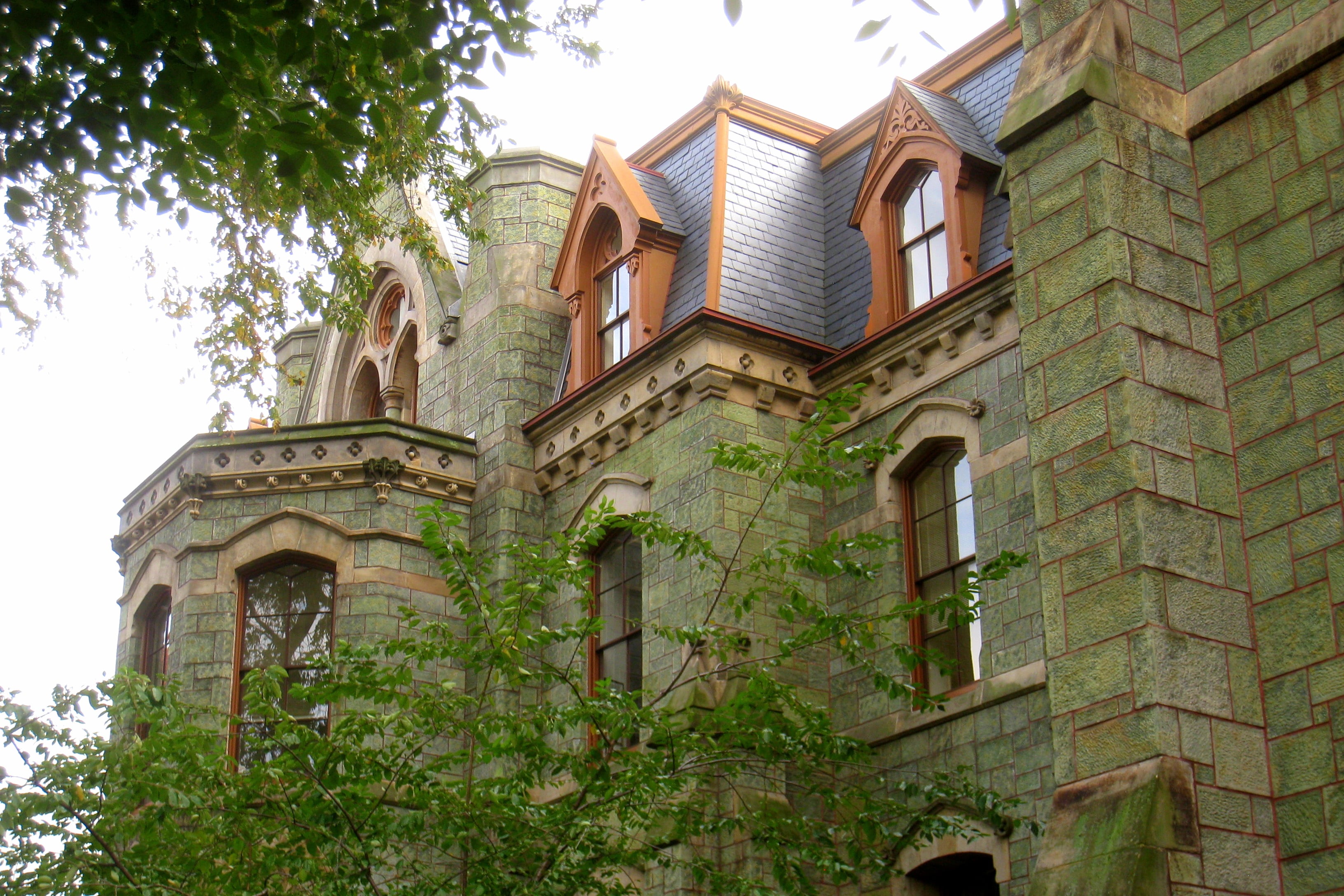The University of Pennsylvania announced today that it would donate $100 million to the School District of Philadelphia over 10 years to help pay for the remediation of asbestos and other potentially dangerous conditions in aging school buildings.
It is the largest single private donation to the district ever, and it comes after years of pressure, including from a group of Penn’s own students and faculty, to contribute to the district in the form of “payments in lieu of taxes,” or PILOTS.
“All Philadelphia students deserve high quality and safe learning environments, but we know that achieving this systemwide in our aging school buildings requires significant resources,” said Mayor Jim Kenney. He said the gift “will go a long way in accelerating the district’s aggressive environmental remediation work.”
Penn president Amy Gutmann said the “historic commitment by the university and Penn Medicine will help support a most critical and immediate need that will benefit generations of Philadelphia students, their teachers, and school staff.”
As a nonprofit, Penn is exempt from paying property taxes, which is the school district’s largest single source of local funding. Penn, including its campus and hospital network, is also the city’s largest private landowner.
The advocates, who have mobilized for years to get Penn to contribute to city coffers, said the gift was welcome, but just a “first step.”
The Penn for PILOTS movement, as well as other organizations including Jobs for Justice, had estimated that if Penn paid property taxes on its holdings, it would owe the city about $100 million a year. The groups proposed that Penn pay 40% of what it would owe, or about $40 million annually. It also proposed that all the money go into an educational equity fund dedicated to the school district. (The city’s property tax is split between the district and the city, with the district getting 55%.)
Crediting the “power of mobilization” for the gift, Penn for PILOTS, in a statement, said that “the chronic underfunding of the Philadelphia public schools cannot be resolved with a limited commitment of ten annual payments; it requires a system of public finance that ensures that the city’s wealthiest institutions pay their fair share every year in perpetuity.”
The tax exemption, the group said, “deprives the public school system of funds that students, teachers, and staff need and deserve. Year in and year out, the poorest big city in the United States subsidizes one of the richest universities in the country... A time-limited gift will not make up for Penn’s accumulated debt to the public schools, nor will it ensure that Penn contributes what it owes in the future.”
Devan Spear, executive director of Jobs for Justice, echoed this point. “The chronic underfunding of the Philadelphia public schools cannot be solved with a limited contribution,” he said, calling on other large universities, including Drexel and Jefferson, to “look to Penn’s leadership when they consider what they owe to the city they call home.”
City council member Helen Gym, who has pushed for PILOTS since before she was elected, also characterized it as just a first step while urging other major institutions to “pay a fair share in addressing the shameful school funding crisis.”
The school district has estimated that it needs $500 million to remediate all its buildings of flaking asbestos and other hazards, including mold, peeling lead paint, and outdated or ineffective ventilation systems — an issue that has become more urgent with the coronavirus pandemic. Since schools closed in March, it has been accelerating this work, but the task is monumental. Penn’s statement said that the money “will allow the district “to dramatically accelerate and expand their response to environmental concerns in our public schools.” On average, the buildings are 70 years old; the oldest still in use was built in 1888.
Calling it a “tremendous gift,” Board of Education president Joyce Wilkerson said the funds will “free us to direct our focus to investing in a new and compelling vision for school facilities.” Superintendent William Hite called it “a great support” in helping the district to address immediate hazards and create “a 21st century learning environment for our students.” They and Mayor Kenney also called on other institutions to contribute.
“It takes all of us working together — government, business, nonprofit, and philanthropy — to tackle our most pressing challenges and ensure our kids have access to great schools in every neighborhood,” the mayor said.







